

Get in the KNOW
on LA Startups & Tech
XImage by Candice Navi
Here Are LA's Top VCs, According to Their Peers
Ben Bergman
Ben Bergman is the newsroom's senior finance reporter. Previously he was a senior business reporter and host at KPCC, a senior producer at Gimlet Media, a producer at NPR's Morning Edition, and produced two investigative documentaries for KCET. He has been a frequent on-air contributor to business coverage on NPR and Marketplace and has written for The New York Times and Columbia Journalism Review. Ben was a 2017-2018 Knight-Bagehot Fellow in Economic and Business Journalism at Columbia Business School. In his free time, he enjoys skiing, playing poker, and cheering on The Seattle Seahawks.
Though Silicon Valley is still very much the capital of venture capital, Los Angeles is home to plenty of VCs who have made their mark – investing in successful startups early and reaping colossal returns for their limited partners.
Who stands out? We thought there may be no better judge than their peers, so we asked 28 of L.A.'s top VCs who impresses them the most.
The list includes many familiar names. Dana Settle, founding partner of Greycroft, and Mark Mullen, founding partner of Bonfire Ventures, garnered the most votes.
Settle manages West Coast operations for Greycroft, a New York firm with $1.8 billion in assets under management. She is one of only nine of the top 100 VCs nationally who are women, according to CB Insights.
Mullen is a founding partner of Bonfire Ventures, which closed a $100 million second fund in September to continue funding seed stage business-to-business (B2B) software startups. Mullen has also been an angel investor and is an LP in other funds focusing on other sectors, including MaC VC and BAM Ventures.
Below is the list of the top ranked investors by how many votes each received from their peers. When there was a tie, they appear in alphabetical order according to their last name:
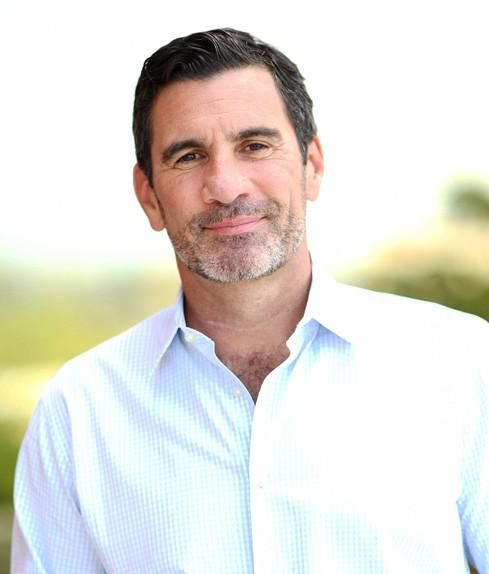
Mark Mullen, Bonfire Ventures
Mark Mullen is a founding partner of Bonfire Ventures. He is also founder and the largest investor in Mull Capital and Double M Partners, LP I and II. A common theme in these funds is a focus on business-to-business media and communications infrastructures.
In the past, Mullen has served as the chief operating officer at the city of Los Angeles' Economic Office and a senior advisor to former Mayor Villaraigosa, overseeing several of the city's assets including Los Angeles International Airport and the Los Angeles Convention Center. Prior to that, he was a partner at Daniels & Associates, a senior banker when the firm sold to RBC Capital Markets in 2007.
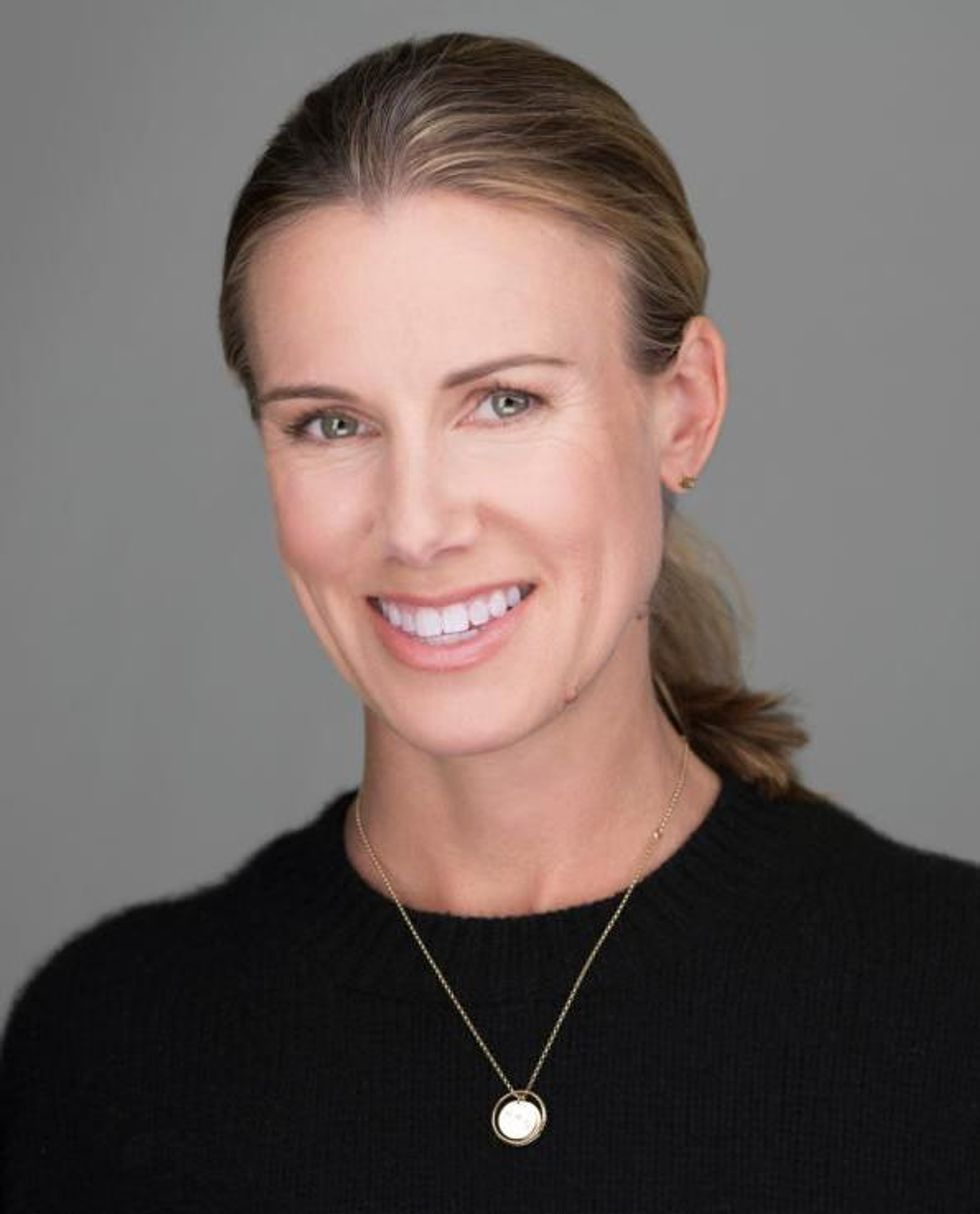
Dana Settle, Greycroft
Dana Settle is a founding partner of Greycroft, heading the West Coast office in Los Angeles. She currently manages the firm's stakes in Anine Bing, AppAnnie, Bird, Clique, Comparably, Goop, Happiest Baby, Seed, Thrive Market, Versed and WideOrbit, and is known for backing female-founded companies.
"The real change takes place when female founders build bigger, independent companies, like Stitchfix, TheRealReal," she said this time last year in an interview with Business Insider. "They're creating more wealth across their cap tables and the cap tables tend to be more diverse, so that gives more people opportunity to become an angel investor." Prior to founding Greycroft, she was a venture capitalist and startup advisor in the Bay Area.
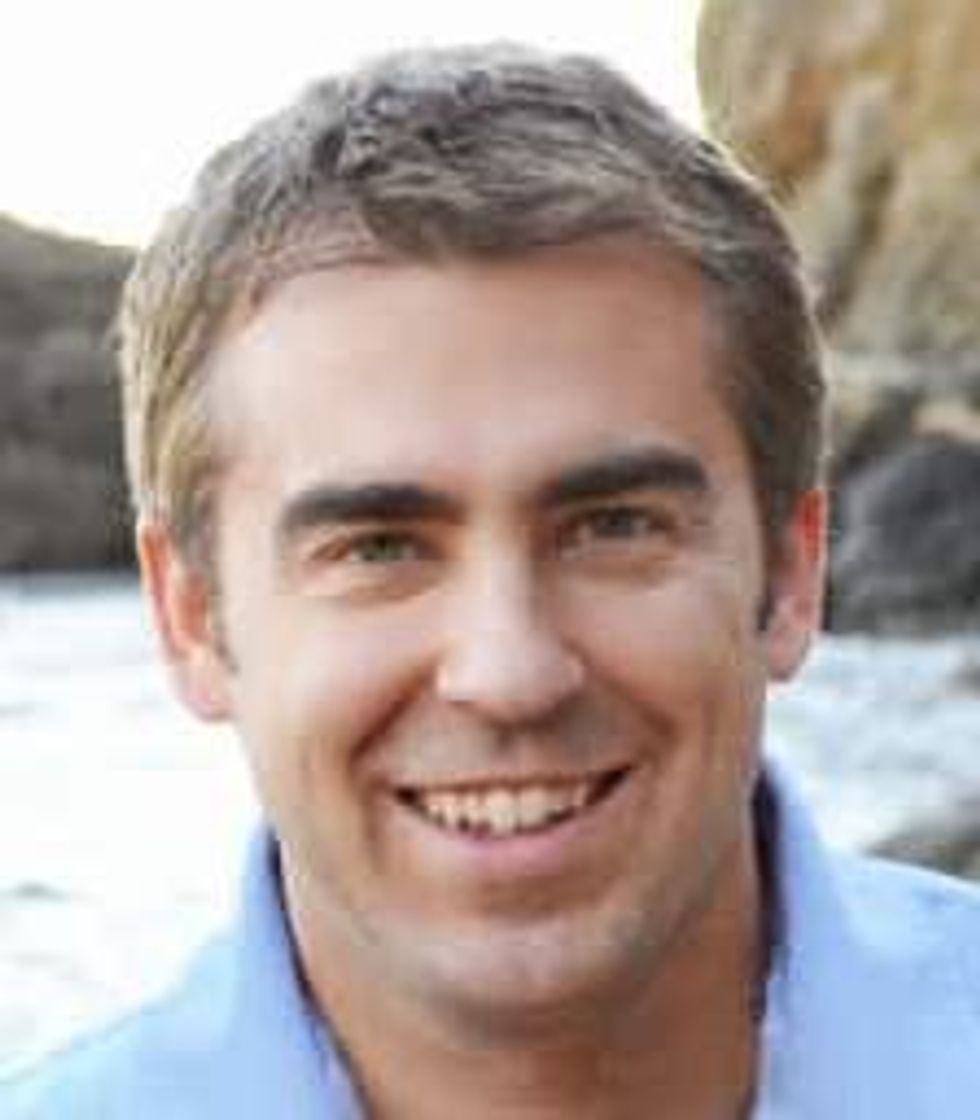
Erik Rannala, Mucker Capital
Erik Rannala is a founding partner at Mucker Capital, which he created with William Hsu in 2011. Before founding Mucker, Rannala was vice president of global product strategy and development at TripAdvisor and a group manager at eBay, overseeing its premium features business.
"As an investor, I root for startups. It pains me to see great teams and ideas collapse under the pressure that sometimes follows fundraising. If you've raised money and you're not sure what comes next, that's fine – I don't always know either," Rannala wrote in a blog post for Mucker.
Mucker has a portfolio of 61 companies, including Los Angeles-based Honey and Santa Monica-based HMBradley.

William Hsu, Mucker Capital
William Hsu is a founding partner at the Santa Monica-based fund Mucker Capital. He started his career as a founder, creating BuildPoint, a provider of workflow management solutions for the commercial construction industry not long after graduating from Stanford.
In an interview with Fast Company, he shared what he learned in the years following, as he led product teams at eBay, Green Dot and Spot Runner, eventually becoming the SVP and Chief Product Officer of At&T Interactive: "Building a company is about hiring correctly, adhering to a timeline, and rigorously valuing opportunity. It's turning something from inspiration and creative movement into process and rigor."
These are the values he looks for in founders in addition to creativity. "I like to see the possibility of each and every idea, and being imaginative makes me a passionate investor."
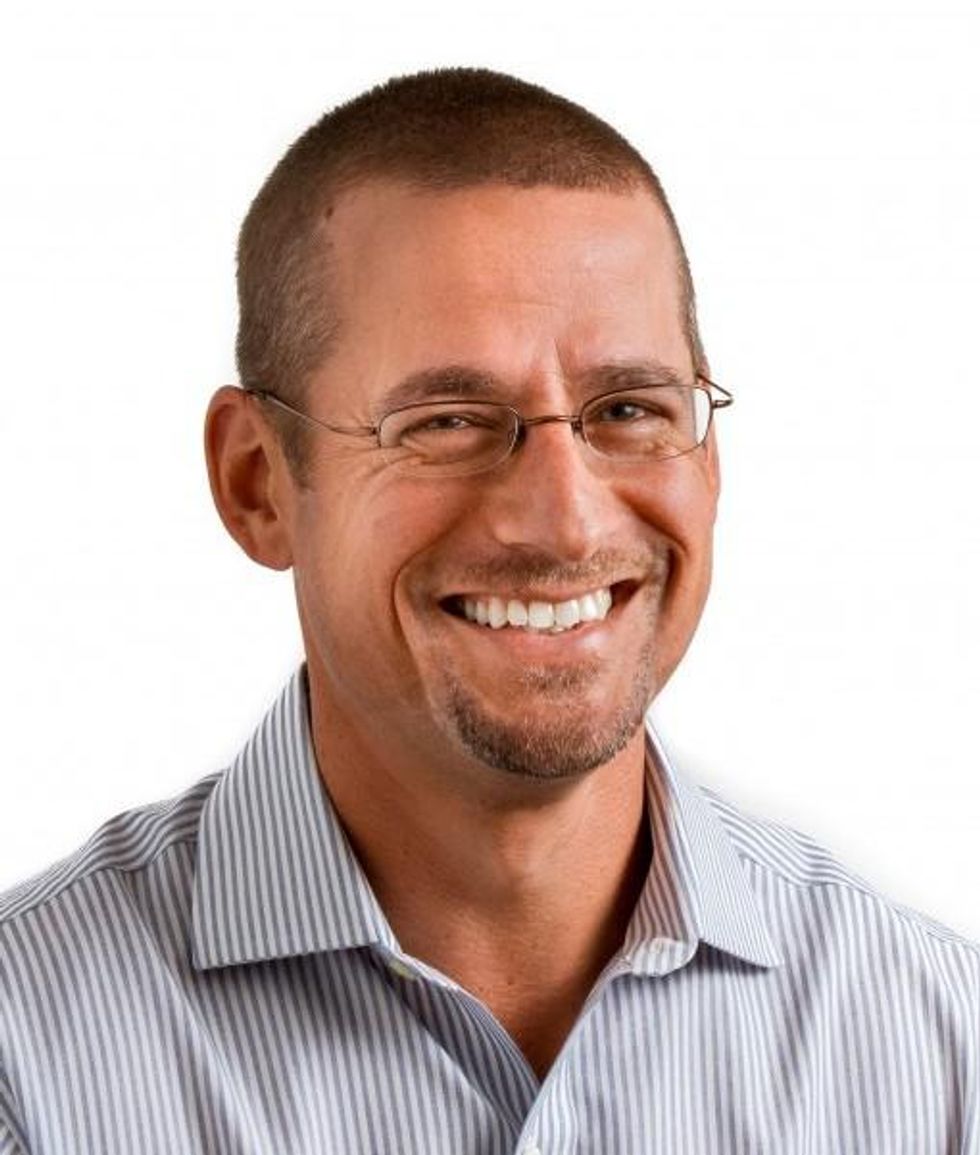
Jim Andelman, Bonfire Ventures
Jim Andelman is a founding partner of Bonfire Ventures, a fund that focuses on seed rounds for business software founders. Andelman has been in venture capital for 20 years, previously founding Rincon Venture Partners and leading software investing at Broadview Capital Partners.
He's no stranger to enterprise software — he also was a member of the Technology Investment Banking Group at Alex. Brown & Sons and worked at Symmetrix, a consulting firm focusing on technology application for businesses.
In a podcast with LA Venture's Minnie Ingersoll earlier this year, he spoke on the hesitations people have about choosing to start a company.
"It's two very different things: Should I coach someone to be a VC or should I coach someone to enter the startup ecosystem? On the latter question, my answer is 'hell yeah!'"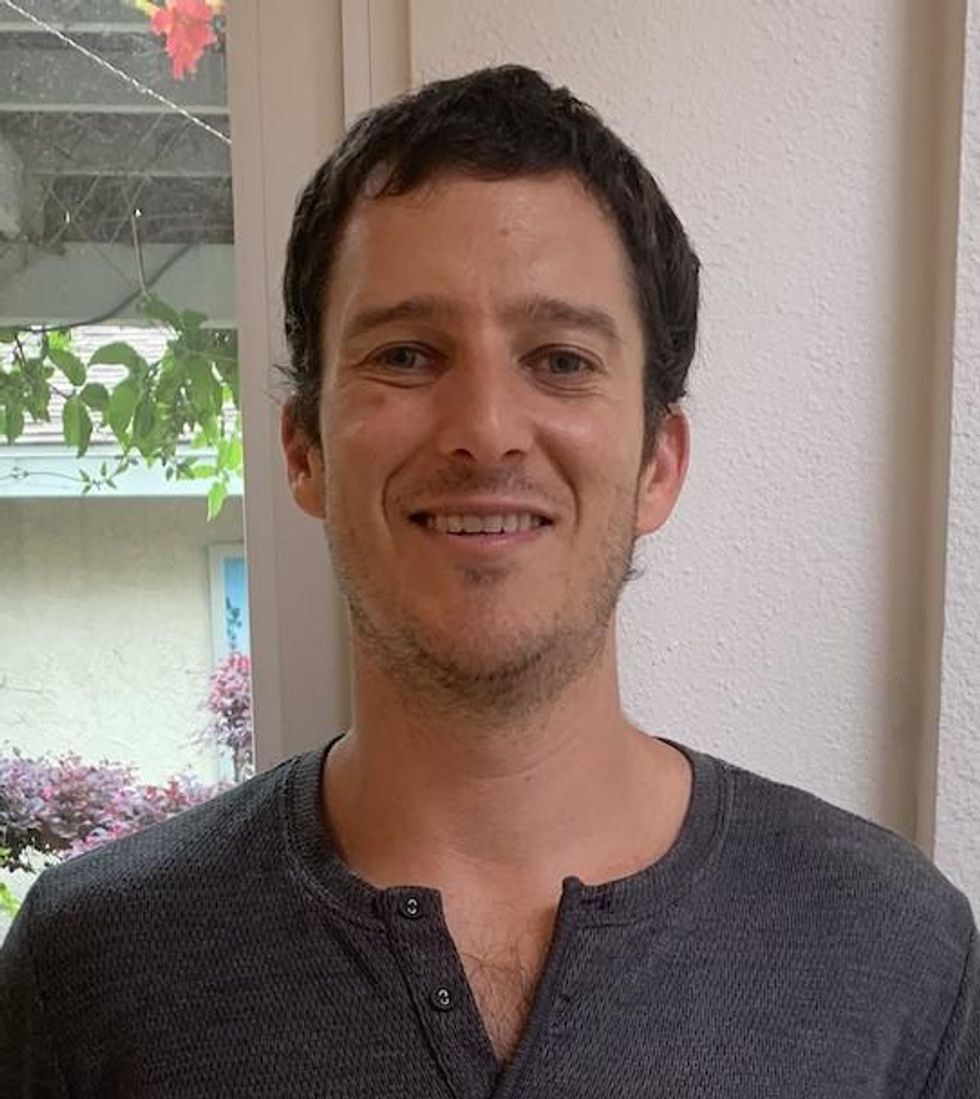
Josh Diamond, Walkabout Ventures
Josh Diamond founded Walkabout Ventures, a seed fund that primarily focuses on financial service startups. The firm raised a $10 million fund in 2019 and is preparing for its second fund. Among its 19 portfolio companies is HMBradley, which Diamond helped seed and recently raised $18 in a Series A round.
"The whole reason I started this is that I saw there was a gap in the funding for early stage, financial service startups," he said. As consumers demand more digital access and transparency, he said the market for financial services is transforming — and Los Angeles is quickly becoming a hub for fintech companies. Before founding Walkabout, he was a principal for Clocktower Technology Ventures, another Los Angeles-based fund with a similar focus.
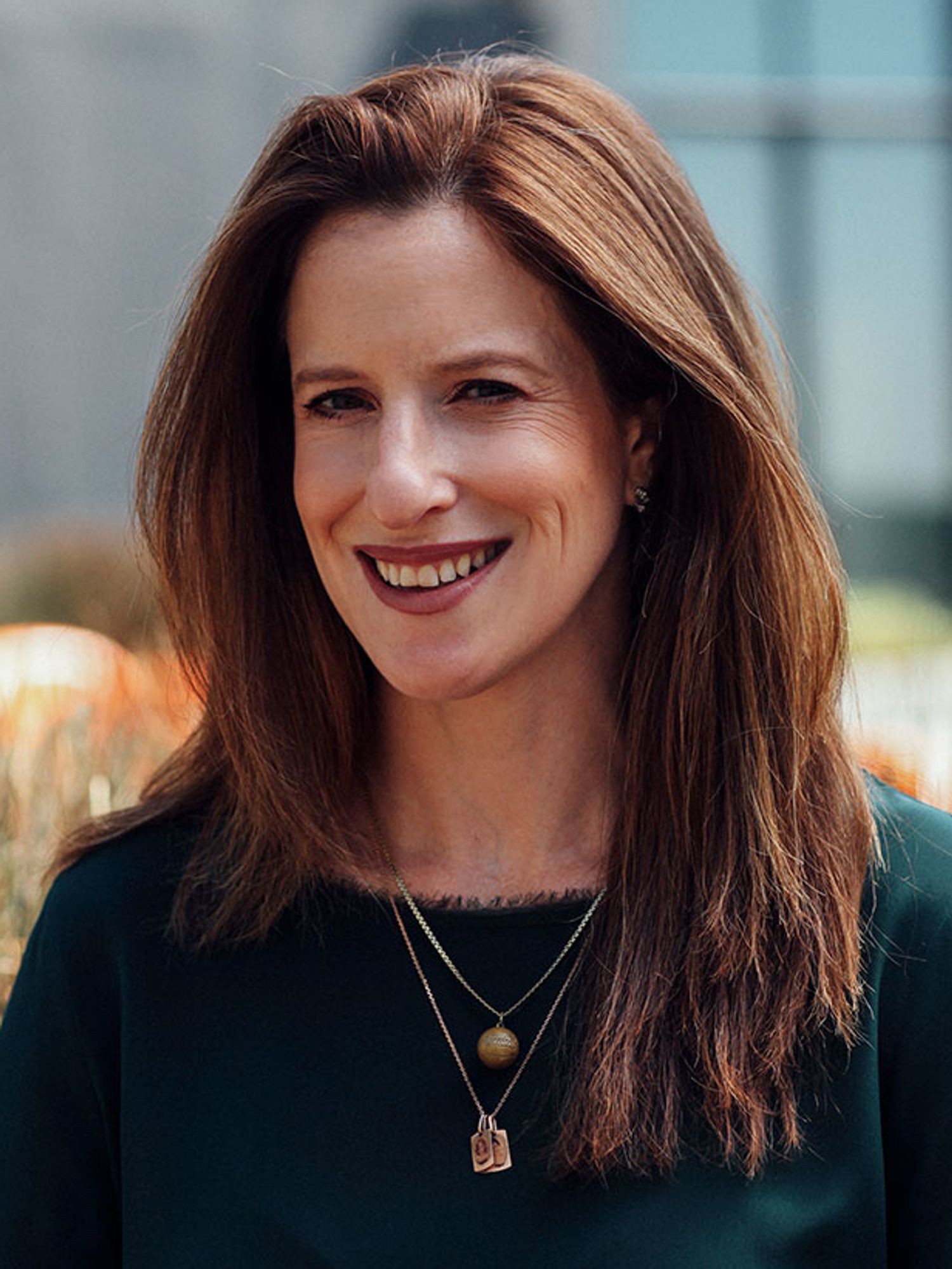
Kara Nortman, Upfront Ventures
Kara Nortman was recently promoted to managing partner at Upfront Ventures, making her one of the few women – along with Settle – to ascend to the highest ranks of a major VC firm.
Though Upfront had attempted to recruit her before she joined in 2014, she had declined in order to start her own company, Moonfrye, a children's ecommerce company that rebranded to P.S. XO and merged with Seedling. Upfront invested in the combination, and shortly after, Nortman joined the Upfront team.
Before founding Moonfrye, she was the SVP and General Manager of Urbanspoon and Citysearch at IAC after co-heading IAC's M&A group.
In an interview with dot.LA earlier this year, she spoke on how a focus for her as a VC is to continue to open doors for founders and funders of diverse backgrounds.
"Once you're a woman or a person of color in a VC firm, it is making sure other talented people like you get hired, but also hiring people who are not totally like you. You have to make room for different kinds of people. And how do you empower those people?"
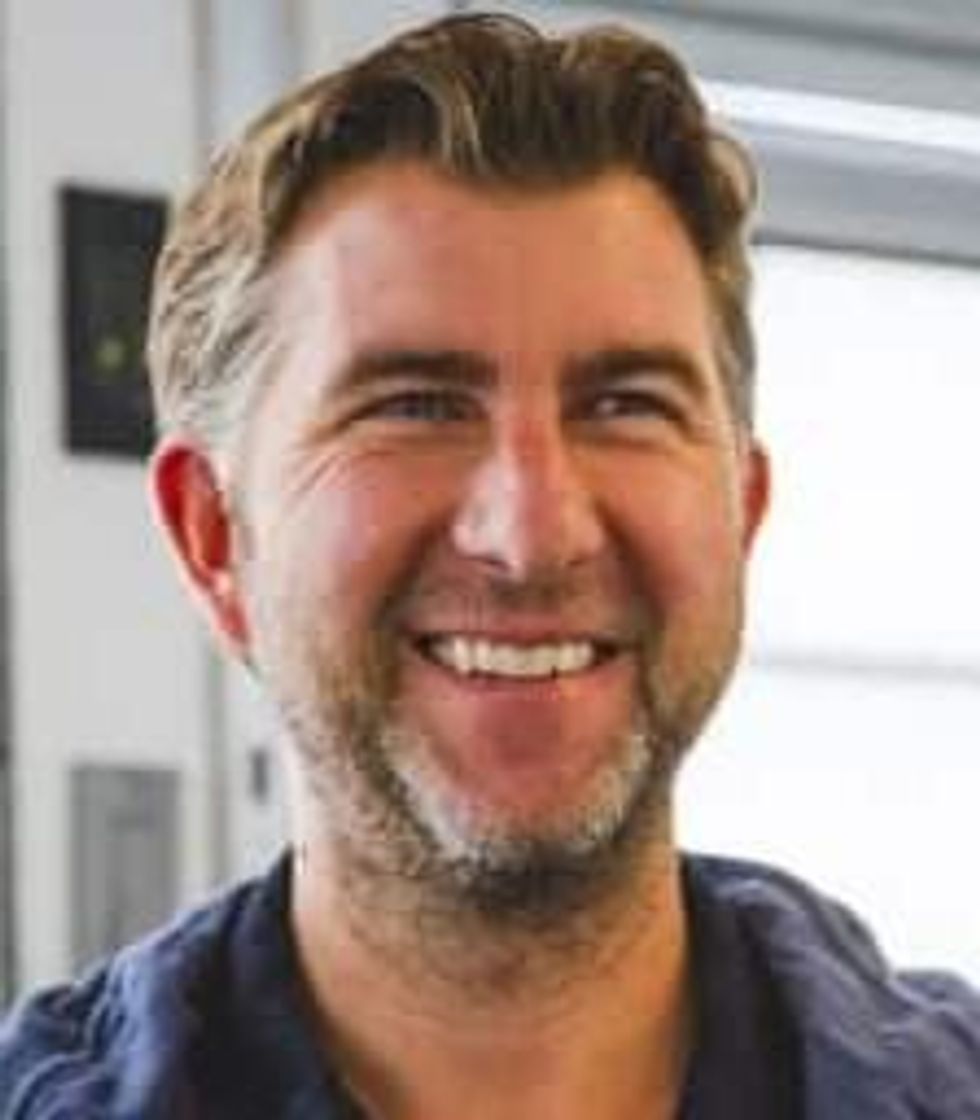
Brett Brewer, Crosscut Ventures
Brett Brewer is a co-founder and managing director of Crosscut Ventures. He has a long history in entrepreneurship, starting a "pencil selling business in 4th grade." In 1998, he co-founded Intermix Media. Under their umbrella were online businesses like Myspace.com and Skilljam.com. After selling Intermix in 2005, he became president of Adknowledge.com.
Brewer founded Santa Monica-based Crosscut in 2008 alongside Rick Smith and Brian Garrett. His advice to founders on Crosscut's website reflects his experience: "Founders have to be prepared to pivot, restart, expect the unexpected, and make tough choices quickly... all in the same week! It's not for the faint of heart, but after doing this for 20 years, you can spot the fire (and desire) from a mile away (or not)."
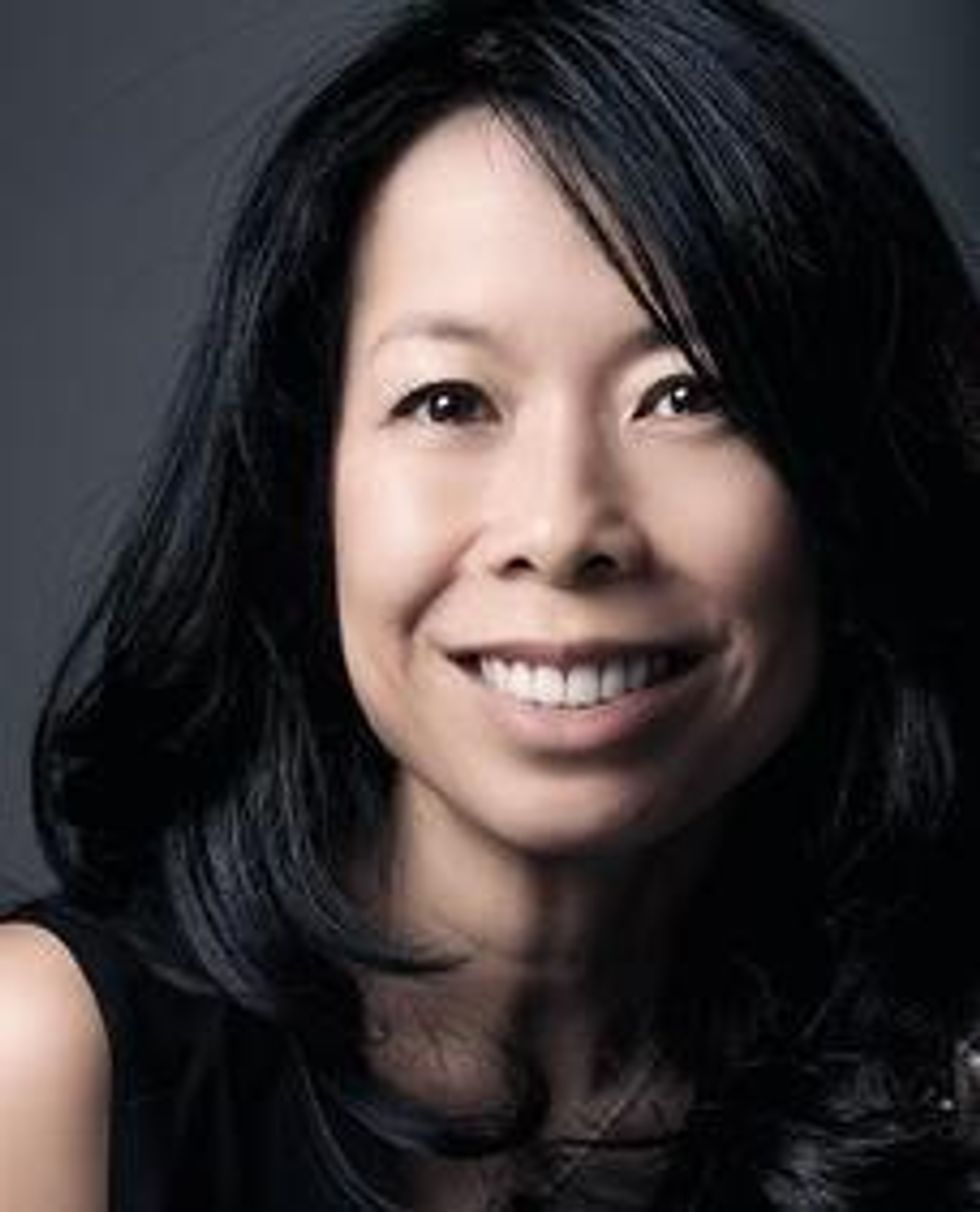
Eva Ho, Fika Ventures
Eva Ho is a founding partner of Fika Ventures, a boutique seed fund, which focuses on data and artificial intelligence-enabled technologies. Prior to founding Fika, she was a founding partner at San Francisco-based Susa Ventures, another seed-stage fund with a similar focus. She is also a serial entrepreneur, most recently co-founding an L.A. location data provider, Factual. She also co-founded Navigating Cancer, a health startup, and is a founding member of All Raise, a nonprofit that supports and provides resources to female founders and funders.
In an interview with John Livesay shortly before founding Fika, Ho spoke to how her experience at Factual helped focus what she looks for in founders. "I always look for the why. A lot of people have the skills and the confidence and the experience, but they can't convince me that they're truly passionate about this. That's the hard part — you can't fake passion."
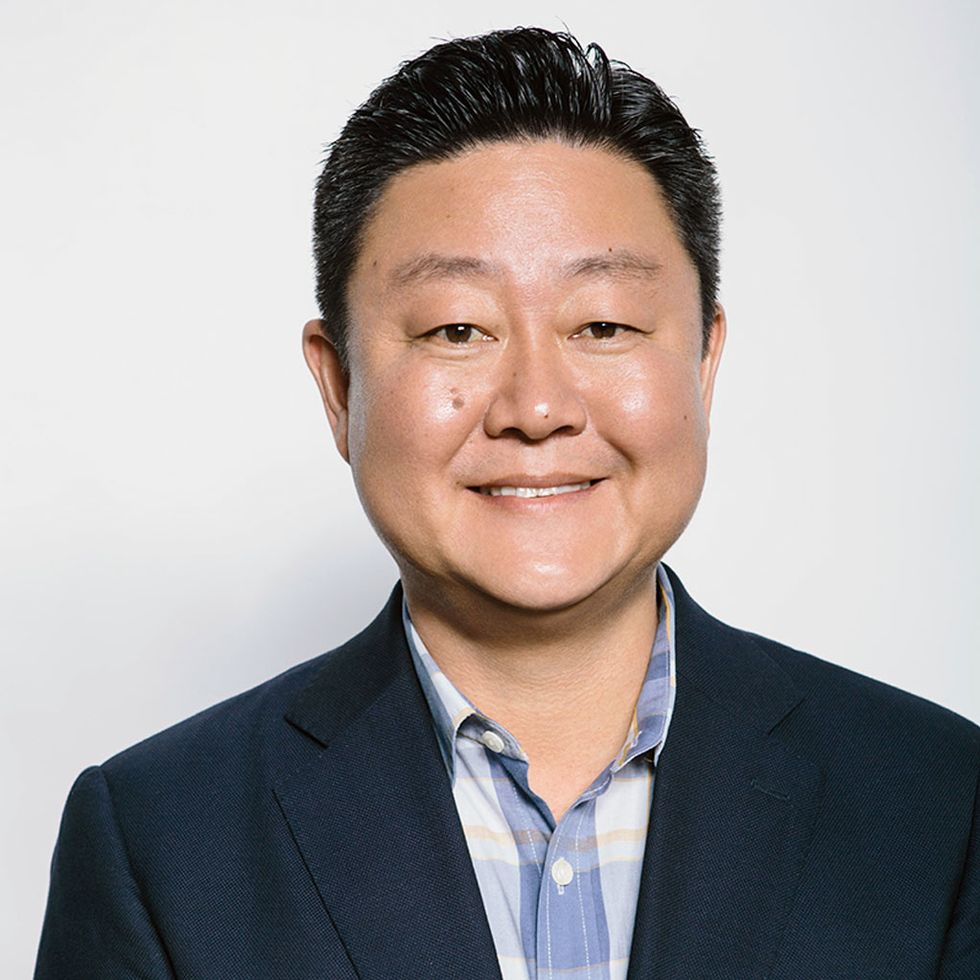
Brian Lee, BAM Ventures
Brian Lee is a co-founder and managing director of BAM Ventures, an early-stage consumer-focused fund. In an interview with dot.LA earlier this year, Lee shared that he ended up being the first investor in Honey, which was bought by PayPal for $4 billion, through investing in founders and understanding their "vibe."
"There's certain criteria that we look for in founders, a proprietary kind of checklist that we go through to determine whether or not these are the founders that we want to back…. [Honey's founders] knew exactly what they were building, and how they were going to get there."
His eye for the right vibe in a founder is one gleaned from experience. Lee is a serial entrepreneur, founding LegalZoom.com, ShoeDazzle.com and The Honest Company.
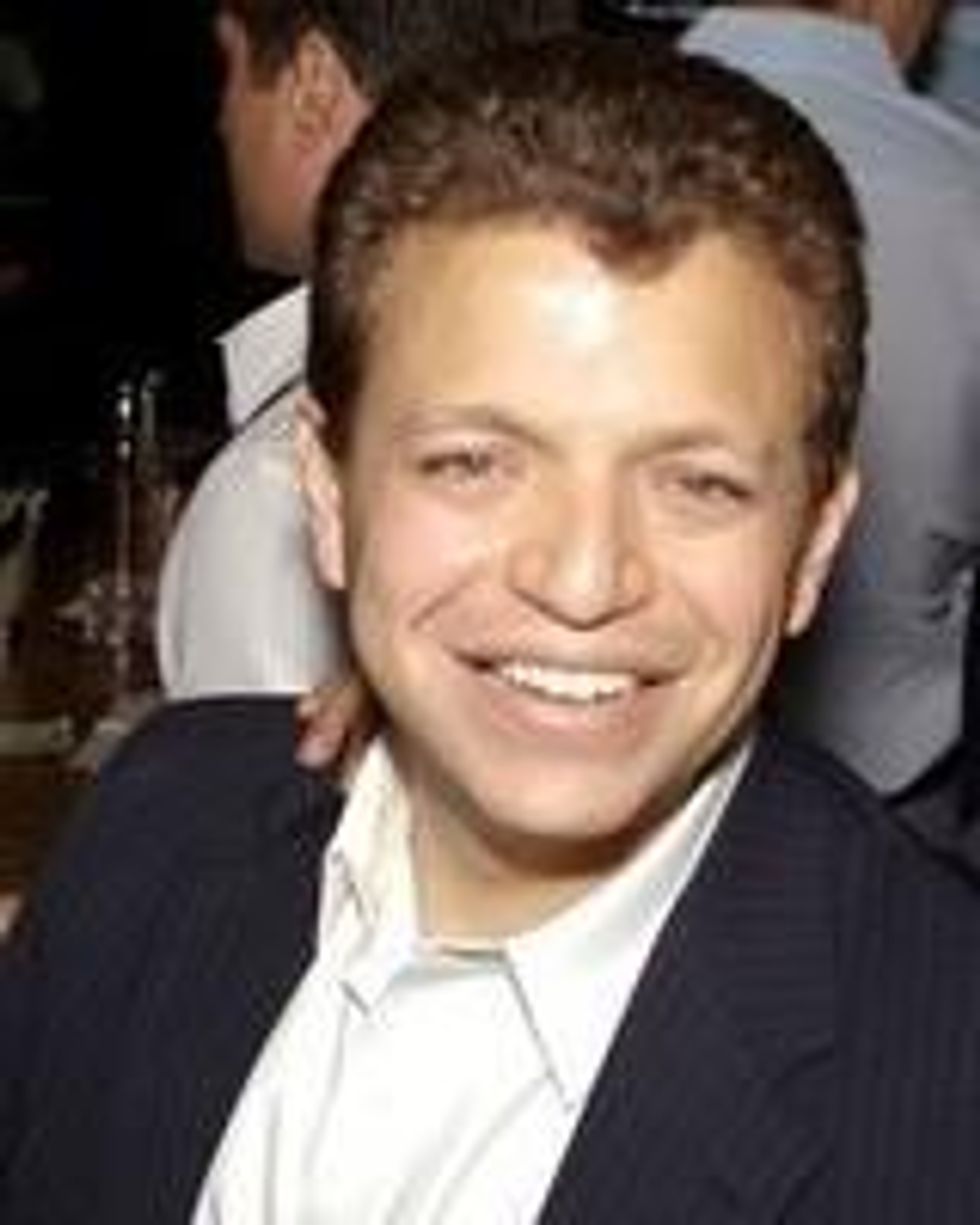
Alex Rubalcava, Stage Venture Partners
Alex Rubalcava is a founding partner of Stage Venture Partners, a seed venture capital firm that invests in emerging software technology for B2B markets. Prior to joining, he was an analyst at Santa Monica-based Anthem Venture Partners, an investor in early stage technology companies. It was his first job after graduating from Harvard, and during his time at Anthem the fund was part of Series A in companies like MySpace, TrueCar and Android.
He has served as a board member in several Los Angeles nonprofits and organizations like KIPP LA Schools and South Central Scholars.
"Warren Buffett says that he's a better businessman because he's an investor, and he's a better investor because he's a businessman. I feel the same way about VC and value investing. Being good at value investing can make you good at venture capital, and vice versa," Rubalcava said in an interview with Shai Dardashti of MOI Global.
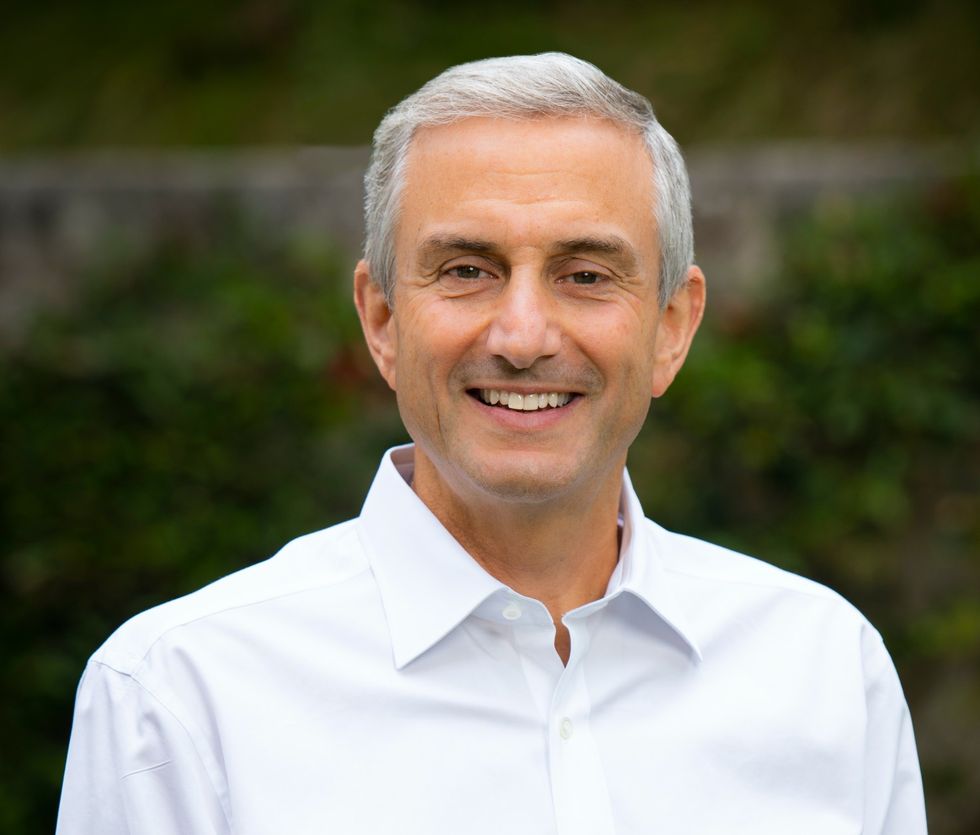
Mark Suster, Upfront Ventures
Mark Suster, managing partner at Upfront Ventures, is arguably L.A.'s most visible VC, frequently posting on Twitter and on his blog, not only about investing but also more personal topics like weight loss. In more normal years, he presides over LA's biggest gathering of tech titans, the Upfront Summit. Before Upfront, he was the founder and chief executive officer of two software companies, BuildOnline and Koral, which was acquired by Salesforce. Upfront backed both of his companies, and eventually he joined their team in 2007.
In a piece for his blog, "Both Sides of the Table," Suster wrote about the importance of passion — not just for entrepreneurs and their businesses, but for the VCs that fund them as well.
"On reflection of the role that I want to play as a VC it is clearly in the camp of passion. I really want to start my journeys only with people with whom I want to work closely with for the next 5–7 years or more. I only want to work on projects in which I believe can produce truly amazing change in an industry or in the world."
Lead art by Candice Navi.
From Your Site Articles
- Here Are Los Angeles' Top Venture Capitalists - dot.LA ›
- Ten Venture Capital Firms Commit to 'Diversity' Rider' - dot.LA ›
- Navigating the Venture Capital World as a Black Person - dot.LA ›
- The Largest Venture Capital Raises in Los Angeles in 2020 - dot.LA ›
- Los Angeles Venture Funds Grow, but Spend Less in LA - dot.LA ›
- dot.LA's Venture Capital Survey for Q1 2021 - dot.LA ›
- Meet Scott Lenet, Co-Founder, President and Educator - dot.LA ›
- LA VC's Hosted Their First Party in 14 Months - dot.LA ›
- Los Angeles’ Top Investors Under 30 According to Their Peers - dot.LA ›
- TX Zhuo is Behind Fika Ventures' $77 million Fund ›
- Los Angeles Notches Record Levels of VC Investment in Q2 - dot.LA ›
- VCs See Valuations Reach Record Highs as Optimism Stays High - dot.LA ›
- Top LA Angel Investors 2021: McInerney, Rascoff and Lee - dot.LA ›
- LA Venture: Chirag Chotalia on Threshold Ventures - dot.LA ›
- CrossCut Ventures' Rick Smith on Coming to Venture Capital - dot.LA ›
- Event: Investors & Entrepreneurs Networking in Los Angeles - dot.LA ›
- Los Angeles Startups Closed a Record Number of Deals in Q3 - dot.LA ›
- Southern California Venture Capitalists See a Tech Bubble - dot.LA ›
- Pear VC’s Pejman Nozad on Early-Stage VC - dot.LA ›
- Bonfire Ventures Is Raising a $165 Million For Its Third Fund - dot.LA ›
- 5 Highlights From a Record-Smashing 2021 for SoCal Startups and VCs - dot.LA ›
- Los Angeles Venture Capital Activity Was Up in Q3 - dot.LA ›
- LA Is The Third-Largest Startup Ecosystem in the U.S. - dot.LA ›
- LA's Top Venture Capitalists of 2022 - dot.LA ›
- Crosscut’s Brett Brewer on Starting Intermix Media and Myspace - dot.LA ›
- Venture Deals in LA Are Slowing Down - dot.LA ›
- Venture Deals Fall in LA Amid Economic Worries - dot.LA ›
- LA Seed Deals Hold Steady Despite Despite Economic Worries - dot.LA ›
- PitchBook Reports Fewer Tech Investments - dot.LA ›
- LA Venture Investments to Women & Founders of Color Dropped - dot.LA ›
- GoFreight Raises $23 Million, Valcre Secures $12.7M - dot.LA ›
- Here Are The Top Venture Capitalists In 2023 - dot.LA ›
- Pagos Secures $34M, Champions Round Picks Up $7M - dot.LA ›
- Toba Capital's Patrick Mathieson On How to Support Founders - dot.LA ›
- B Capital's Howard Morgan On Key To Early Stage Investing - dot.LA ›
Related Articles Around the Web
Ben Bergman
Ben Bergman is the newsroom's senior finance reporter. Previously he was a senior business reporter and host at KPCC, a senior producer at Gimlet Media, a producer at NPR's Morning Edition, and produced two investigative documentaries for KCET. He has been a frequent on-air contributor to business coverage on NPR and Marketplace and has written for The New York Times and Columbia Journalism Review. Ben was a 2017-2018 Knight-Bagehot Fellow in Economic and Business Journalism at Columbia Business School. In his free time, he enjoys skiing, playing poker, and cheering on The Seattle Seahawks.
https://twitter.com/thebenbergman
ben@dot.la
🔦 Spotlight
Hey LA,
This week’s most interesting story isn’t a flashy new feature, it’s a quieter flex: Snapchat is getting people to pay for Snapchat, on purpose.
Snap just proved “free app” isn’t the only business model
Snap says its direct revenue business is now running at a $1B annualized pace, with 25M+ subscribers paying across a growing menu of products like Snapchat+, Lens+, Snapchat Premium, and Memories Storage Plans. That matters because it’s not just a nice add-on to ads, it’s a different kind of relationship with users. Ads monetize attention. Subscriptions monetize intent.
And intent is sticky. If someone pulls out a card for you, they don’t churn the way an algorithm does.
Creator Subscriptions are the real tell
Snap is also launching Creator Subscriptions, starting with an alpha on February 23 for select U.S. creators, then expanding to Snap Stars in Canada, the U.K., and France in the following weeks. The offer is straightforward: subscriber-only Stories and Snaps, priority replies, and an ad-free experience inside that creator’s Stories.
The strategic move is even simpler. Snap wants “paying for closeness” to happen inside Stories and Chat, not on some external membership page. If they get that right, creators stop treating Snapchat as just a top-of-funnel channel and start treating it like a place to actually monetize their audience. Snap, meanwhile, gets a revenue stream that doesn’t care what CPMs are doing this quarter.
Meanwhile, IRL: lululemon’s Studio Yet.
Lululemon’s Studio Yet. pop-up is running Feb. 18 through March 8 at 8175 Melrose Ave. It’s a ticketed, limited-capacity lineup of workouts and community programming, with proceeds (less fees) supporting BlacklistLA.
Keep scrolling for the latest LA venture rounds, fund news and acquisitions.
🤝 Venture Deals
LA Companies
- Radiant announced a strategic investment from Lockheed Martin via Lockheed Martin Ventures, further oversubscribing the company’s current financing round. Radiant is developing its 1 MW Kaleidos portable nuclear microreactor and says it’s targeting a first reactor startup this summer at Idaho National Laboratory, with initial customer deployments planned for 2028. - learn more
- Mesh Optical Technologies announced it has raised over $50M, led by Thrive Capital, to scale production of its Alpha C1 optical transceiver, which converts electrical signals to light at 1.6 Tbps for AI data centers. The startup says its edge is manufacturing: it builds the optical engine using fast, repeatable flip-chip die bonding to make high-volume, U.S.-based production of optical links possible, backed by a team with experience from SpaceX and Intel.- learn more
LA Venture Funds
- Alexandria Venture Investments participated as an existing investor in Ten63 Therapeutics’ latest strategic financing, which also included participation from Morpheus Ventures and added new backers such as Chugai Venture Fund and the Gates Foundation, bringing total funding to more than $45M. Ten63 says it will use the capital to scale BEYOND, its AI-driven “Large Quantum Chemistry Model” platform for designing small-molecule drugs against historically “undruggable” targets, including programs in oncology and an HPV-focused effort supported by the Gates Foundation.- learn more
- B Capital participated in Code Metal’s $125M Series B, a round led by Salesforce Ventures that valued the company at $1.25B, alongside investors including Accel, J2 Ventures, Shield Capital, Smith Point Capital, and others.Code Metal says it will use the new capital to expand engineering, accelerate product development, grow government and commercial partnerships, and scale go-to-market for its “verifiable” AI code generation and translation platform used in mission-critical environments. - learn more
- Bonfire Ventures co-led Odynn’s $9.5M seed round alongside 8VC, with participation from Khosla Ventures and General Catalyst. Odynn says it’s building personalized AI infrastructure for travel companies, aiming to replace one-size-fits-all booking portals with dynamic experiences that tailor search, recommendations, and conversion flows to each traveler. - learn more
- MTech Capital led Qumis’s $4.3M oversubscribed seed round, which also brought in American Family Ventures as a new strategic investor and pushed total funding to $6.75M. The company says it’s building an attorney-trained AI platform for commercial insurance “coverage intelligence,” and will use the funding to expand go-to-market and deepen product capabilities as adoption grows among large brokers and carriers (including NFP). - learn more
- WndrCo participated in Mansa’s seed funding round, which the company says totaled $12M and was led by MaC Venture Capital. Mansa is now launching a vertical “micro-drama” format inside its app, debuting with the 27-episode original series The Heiress, The Baller & The Secret Society and positioning the feature as a mobile-first way to release serialized stories globally. - learn more
- Alpha Edison co-led Ownwell’s $50M Series B, with Wonder Ventures participating alongside investors including Mercato Partners, Intuit Ventures, Left Lane Capital, First Round Capital, Long Journey Ventures, and PROOF Fund. The round includes $30M in equity and $20M in debt financing from Western Alliance Bank, and Ownwell says it will use the capital to expand nationally and simplify the property-tax appeal process through a new “National Appeals Packet” product. - learn more
- Three Six Zero participated as an existing investor in Hook’s $10M Series A, which was led by Khosla Ventures with participation from Point72 Ventures, Imaginary Ventures, and Waverley Capital, bringing Hook’s total funding to $16M. Hook is an artist-first social platform that lets fans legally remix licensed songs using simple AI-powered tools and share them across social platforms, and it says the new capital will fund user growth plus product expansion like an Android app, richer creation formats, and deeper ecosystem integrations. - learn more
- Overture Ventures participated as an existing investor in Zero Homes’ $16.8M Series A, which was led by Prelude Ventures alongside SJF Ventures and the Exelon Foundation. Zero Homes says it’s using the funding to expand into new markets, broaden its home-upgrade offerings, and grow its contractor network, powered by a smartphone-based “digital twin” approach that produces upgrade designs and pricing remotely. - learn more
- Rebel Fund participated in Sphinx’s $7.1M seed round, which was led by Cherry Ventures alongside Y Combinator, Deel Ventures, and Singularity Capital. Sphinx is building browser-native compliance agents that work inside banks’ and fintechs’ existing tools to automate AML, KYC, and KYB work, with the new funding earmarked to scale that “agentic compliance workforce.” - learn more
- Matter Venture Partners led ChipAgents’ oversubscribed $50M Series A1, bringing total capital raised to $74M, with participation from existing investors Bessemer Venture Partners, Micron, MediaTek, and Ericsson. ChipAgents says it will use the new funding to scale its agentic AI platform for chip design and verification, expand engineering and research, and accelerate global deployment of multi-agent “chip teams,” alongside a new HQ buildout in Santa Clara. - learn more
- MemorialCare Innovation Fund participated in SpendRule’s $2M round, which was led by Abundant Venture Partners with additional backing from Zeal Capital Partners. SpendRule is emerging from stealth with an AI-driven platform that helps hospitals validate invoices against complex contract terms before payments go out, aiming to reduce overspending and “contract leakage” across purchased services. The company says early customers include health systems like MemorialCare, Kettering Health, and MUSC Health. - learn more
LA Exits
- Fred Segal is being acquired by Aritzia, which is buying the brand’s rights/IP (terms not disclosed) and planning a revival under its ownership. Melrose Avenue is central to the deal too, since Aritzia is also taking a lease on Fred Segal’s iconic ivy-covered site at 8100 Melrose as part of the comeback plan. - learn more
- The Expert is being acquired by Havenly in an all-equity deal (terms not disclosed), bringing The Expert’s high-end virtual designer consultations and trade-oriented marketplace into Havenly’s broader home and commerce ecosystem. Lee Anne Blake will join Havenly as chief commercial officer, and while The Expert will remain a standalone website, Havenly plans to plug in its tech to strengthen The Expert’s purchasing and procurement tools for designers. - learn more
Read moreShow less
Revel’s Afterburner Round: $150M for Hard Tech Infrastructure
09:13 AM | February 27, 2026
🔦 Spotlight
Hello Los Angeles,
This week’s biggest hard tech funding headline belongs to Revel, which just raised a $150M Series B to modernize the software layer behind hardware test and control. The round was led by Index Ventures, with major participation from Redpoint Ventures and returning investors Thrive Capital, Felicis, and Abstract Ventures, plus angel participation including Figma CEO Dylan Field.

Revel’s pitch is simple: rockets, advanced energy, robotics, and defense systems have evolved fast, but the tooling that tests and commands them is still stuck in the past. The company says its platform can cut test stand setup time from 14 days to about 8 hours, and that teams go from testing every other day to multiple tests per day. One customer, Impulse Space, reportedly runs 80+ instances of RevelTest, and Revel claims every pilot it has run has converted into a paying customer.
What makes this more than “just another big round” is where Revel is aiming next: expanding from test stands into industrial control across critical infrastructure, including nuclear facilities, power stations, refineries, water treatment, data centers, and biomedical manufacturing. Their platform includes live telemetry and safe command execution, and even a purpose built language, RevelCode, designed for deterministic, debuggable control in high consequence environments. In other words, if LA is becoming a capital of hard tech, Revel is trying to become the control room software those companies standardize on.Keep scrolling for the latest LA venture rounds, fund news and acquisitions.
🤝 Venture Deals
LA Companies
- Third Way Health raised an oversubscribed $15M Series A led by Health Velocity Capital to scale its AI-enabled hybrid human and automation front-office operations for medical practices. The company says it will use the funding to accelerate customer growth, expand operations, and deepen its AI and automation roadmap, building on its claim of supporting practices serving 5M+ patients annually. - learn more
- Inhouse raised $5M in seed funding to grow its AI legal platform that helps small and midsize businesses generate contracts, get answers to complex legal questions, and bring in attorneys when needed. The round included backing from Run Ventures, Royal Street Ventures, Switch, and LegalZoom cofounder and former CEO Brian Liu, and the company says it will use the new capital to expand its AI agent capabilities and increase automation across contract lifecycle management, compliance, and proactive risk management. - learn more
- Subject raised a $28M growth investment led by Vistara Growth, with participation from new backers NextEquity Partners, Green Street Impact Partners, and Outcomes Collective, plus existing investors including Kleiner Perkins and others. The company says it will use the funding to accelerate development of its AI-powered K–12 curriculum and online learning platform, expand accredited course offerings, and scale adoption with more districts and educators worldwide. - learn more
- Mogul raised $5M in a round led by the Yamaha Music Innovations Fund, with participation from Urban Innovation Fund, Mindset Ventures, Fairway Capital Partners, and renewed support from Amplify LA and Wonder Ventures. The royalty management platform says it will use the funding to expand services for artists and their teams, building on traction like processing over $1.5B in royalties and launching its new Catalog Valuation Center to help creators understand the value of their catalogs. - learn more
- Handl Health raised a $14.2M Series A led by Arthur Ventures, with follow-on investment from Syndra Capital Partners, an additional strategic investor, and increased participation from existing backers Mucker Capital, Riverfront Ventures, Digital Health Venture Partners, and Boutique Venture Partners. The company says it will use the new capital to expand its platform and deliver deeper analytics that help employers and benefits decision-makers design lower-cost health plans with more predictable pricing and better care outcomes. - learn more
- Skorppio launched a self-serve, on-premise high-performance computer rental platform that lets AI teams, VFX studios, researchers, and schools rent enterprise-grade systems without buying hardware or locking into the cloud. The company says its fleet includes everything from performance laptops to DGX-class AI systems and GPU servers, supported through a PNY Pro partnership that makes NVIDIA Blackwell GPUs available, plus curated “KIT” bundles designed for specific workflows. - learn more
LA Venture Funds
- B Capital participated in Gushwork’s $9M seed round, backing the startup’s bet that “AI search” will become a major new channel for B2B lead generation. The round was co-led by Susquehanna International Group and Lightspeed, and Gushwork says it’s helping businesses show up in answers from tools like ChatGPT, Gemini, and Perplexity using automated marketing agents that generate search optimized content and backlinks. - learn more
- UP.Partners participated in BeyondMath’s $18.5M seed round, backing the company as it scales its “generative physics” approach to faster engineering-grade simulation. The raise included a $10M seed extension led by Cambridge Innovation Capital, with additional participation from Insight Partners and InMotion Ventures. - learn more
- MANTIS Venture Capital participated in SolveAI’s $50M funding round, backing the company as it launches a platform that lets employees build enterprise applications using natural language instead of code. The raise included a $45M Series A led by GV plus a previously undisclosed $5M pre-seed led by Accel, with additional participation from Northzone, NeverLift, and angels including Mike LoSapio, Pushmeet Kohli, and Olivier Godement. - learn more
- Fabric VC participated in Kash’s $2M pre-seed round, backing the startup as it embeds prediction markets directly into social media starting with X. Kash says users can turn posts into live, tradable markets through its @kash_bot, letting people express conviction on real-world outcomes inside the feed rather than in separate apps. The round also included investors such as Big Brain Holdings, Spartan Group, Coinbase Ventures, Kosmos Ventures, Halo Capital, MoonRock Capital, and Polaris Fund. - learn more
- M13 led LuminosAI’s latest funding round as the company launched Lighthouse, a new feature it says can automatically test generative and agentic AI systems for concrete legal liability. LuminosAI says the new capital will help it accelerate growth and expand its team to support a growing customer base, with participation from investors including Bloomberg Beta, Hawktail, AME Cloud Ventures, Crosscourt, Octave, Great Oaks, Fundrise, and others. - learn more
LA Exits
- Niagen Bioscience has sold its ChromaDex Reference Standards business to LGC in an all-cash transaction that closed on Feb. 24, 2026, as the company sharpens its focus on its core longevity strategy. Niagen says the divestiture helps it fully exit non-core operations and concentrate resources on NAD+ science, intellectual property, and commercial growth around its Niagen solutions, while LGC adds the standards portfolio to deepen its reference materials offering for pharma and lab customers. - learn more
- Mutiny has been acquired by LA-based investment firm Shamrock Capital, which says the deal will help Mutiny accelerate growth and strengthen its position as a leading gaming-focused creative agency. Founded in 2021 and previously incubated within Trailer Park Group, Mutiny works with publishers and brands on research-driven, player-first creative, social, and community campaigns. Shamrock says Mutiny will continue scaling as a standalone business, with support that could include strategic acquisitions. - learn more
- Vestigo Aerospace has been acquired by Applied Aerospace & Defense, bringing Vestigo’s Spinnaker deorbit drag-sail product line into Applied’s portfolio. Applied says Spinnaker helps satellite and launch-vehicle operators meet tightening orbital debris rules by providing a lightweight, cost-effective way to deorbit objects in low Earth orbit, and Vestigo founder and CEO Dr. David Spencer will join Applied as VP of Deployable Systems. - learn more
Read moreShow less
RELATEDTRENDING
LA TECH JOBS


